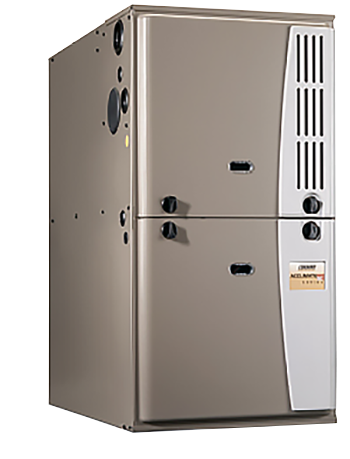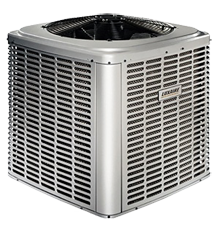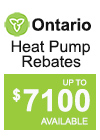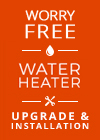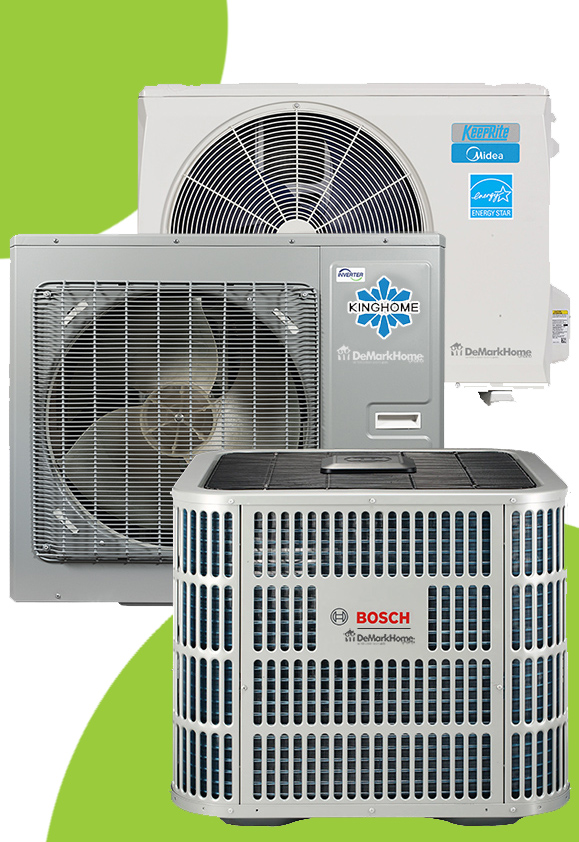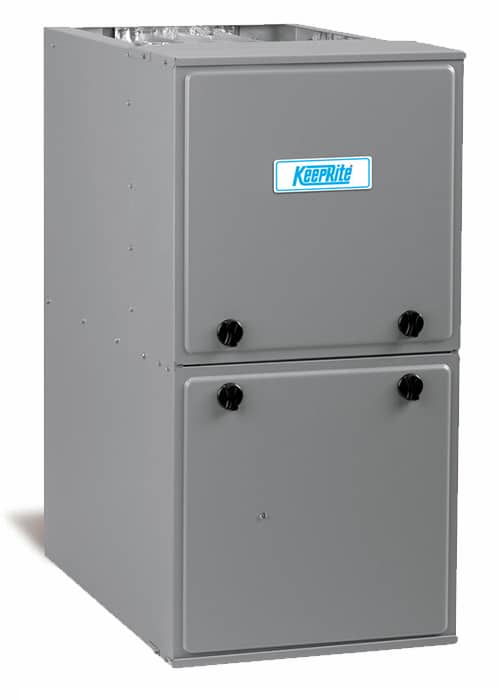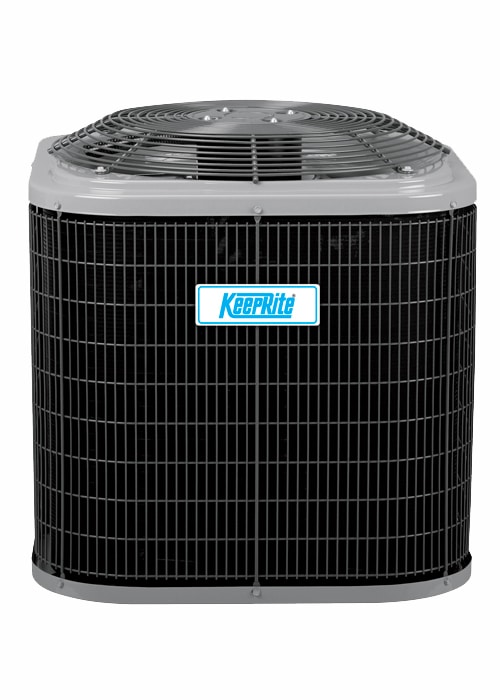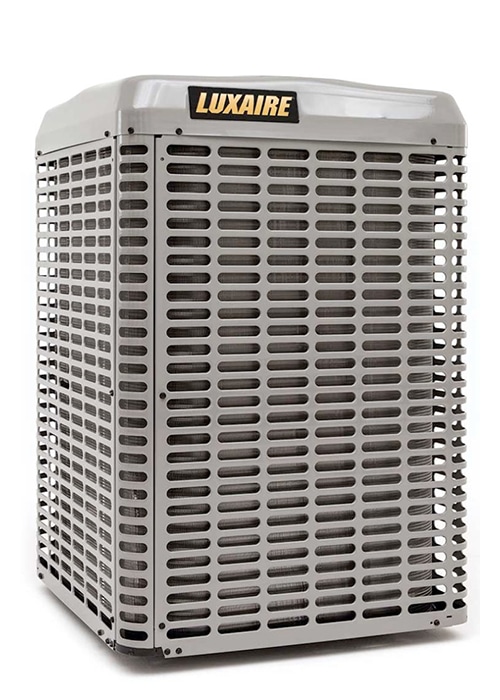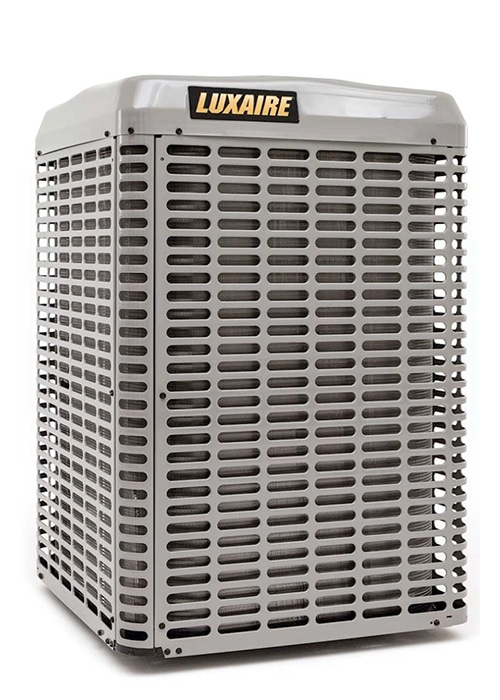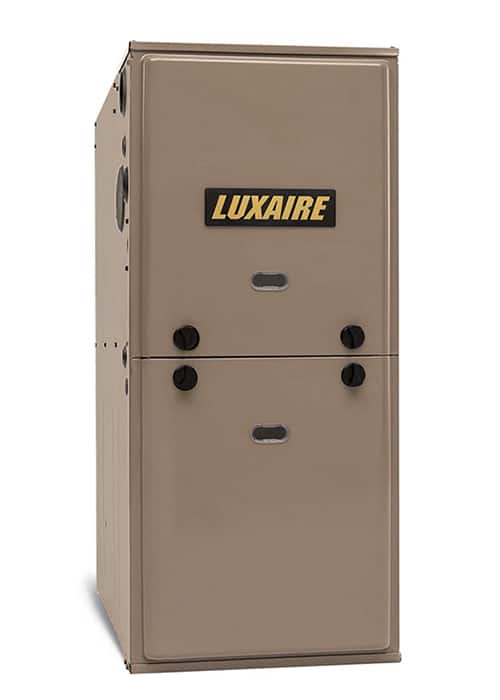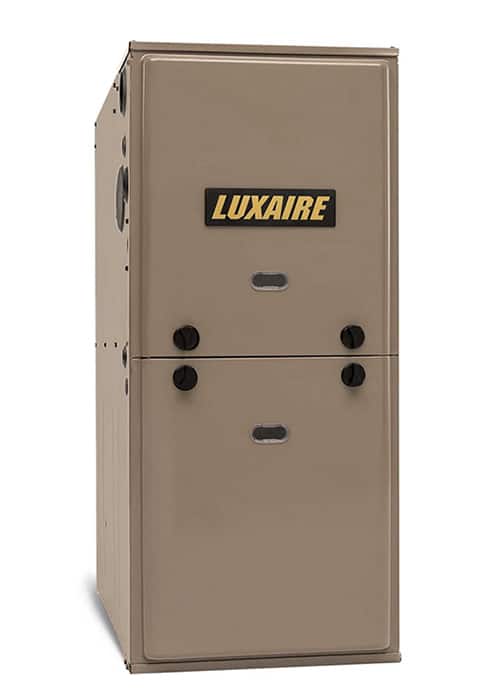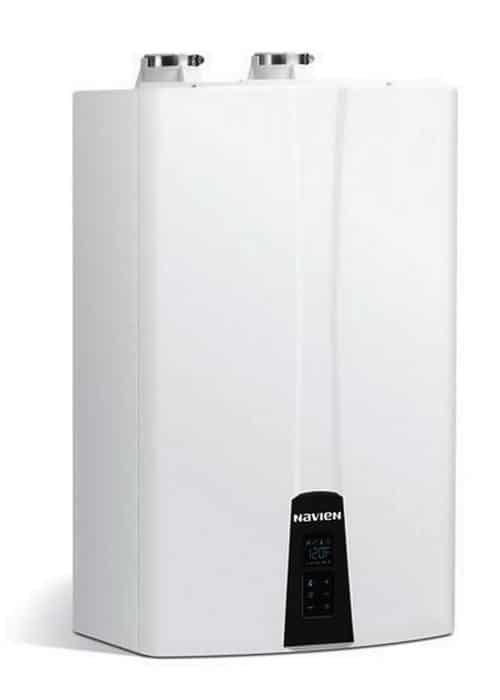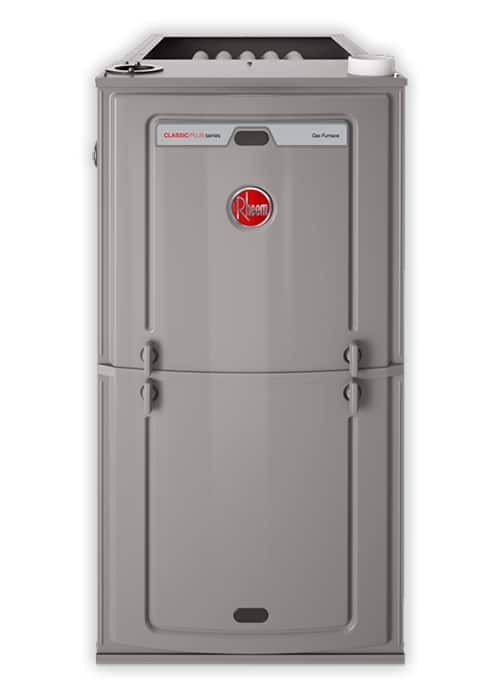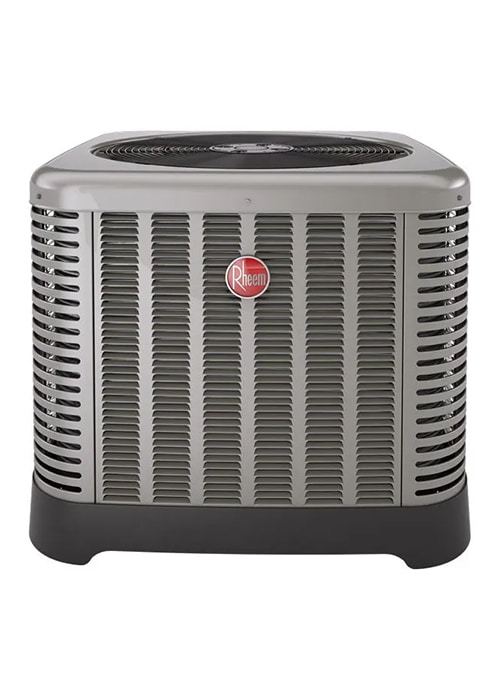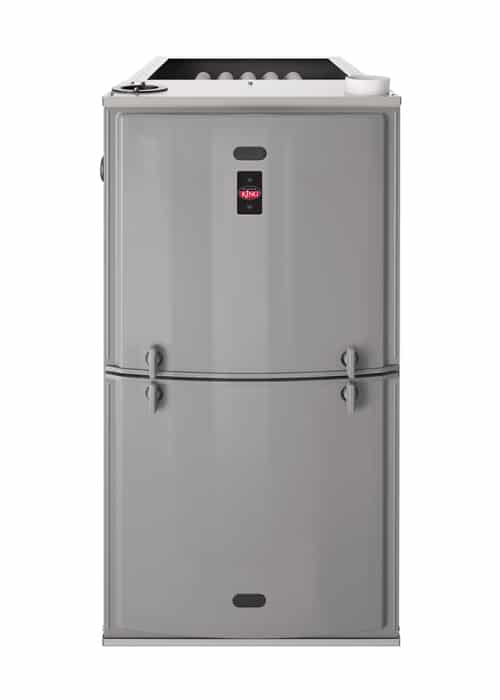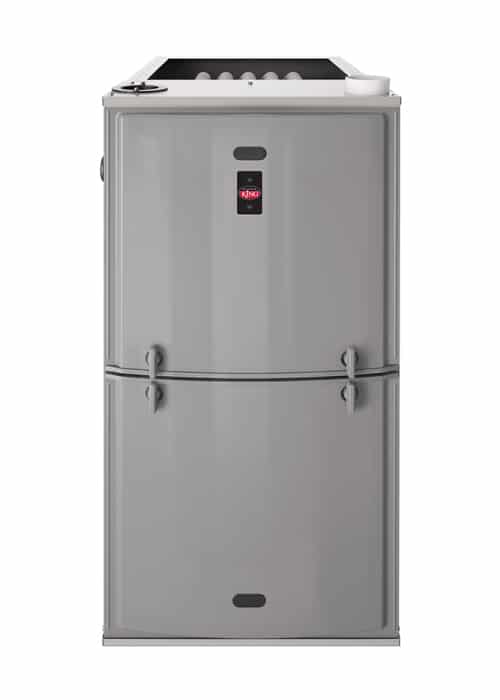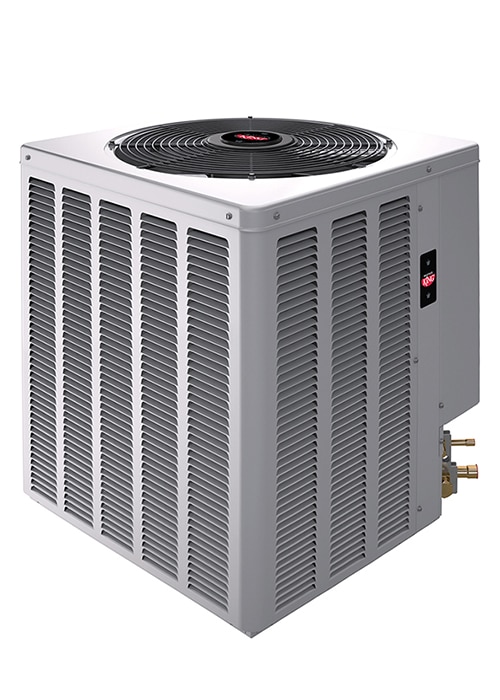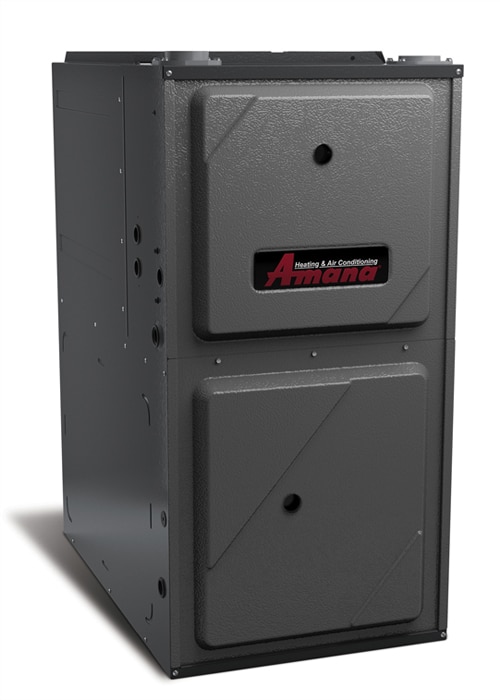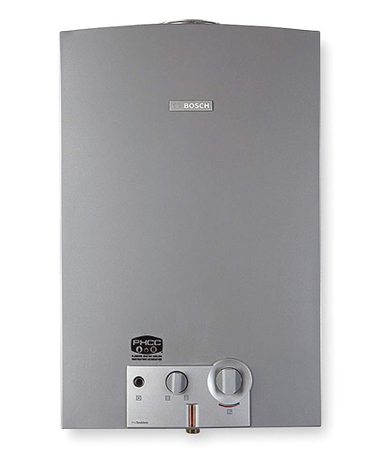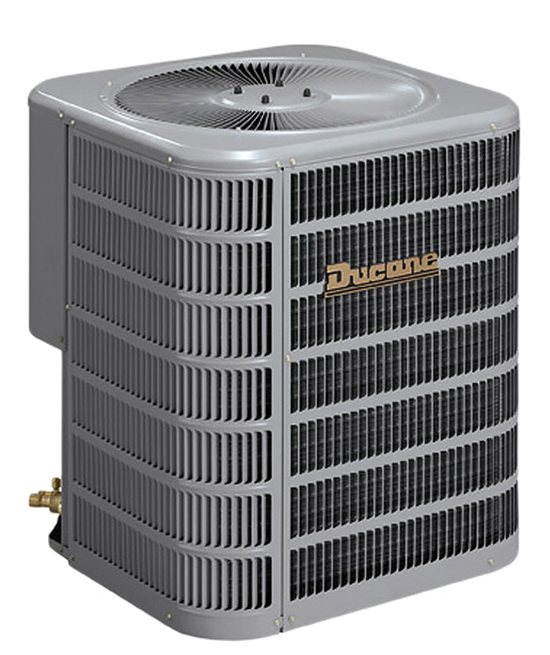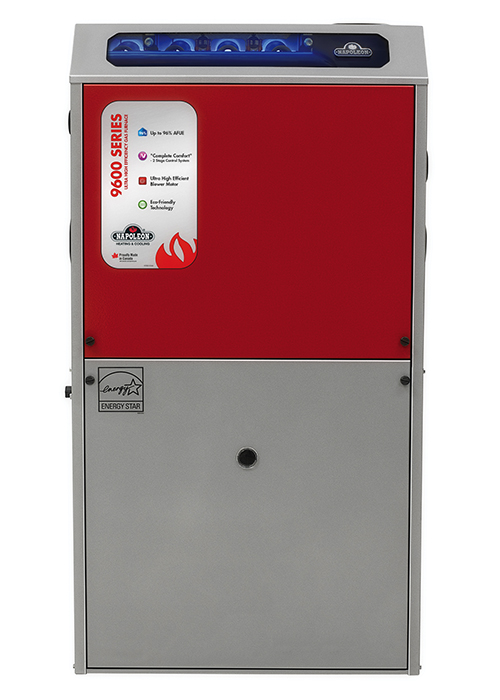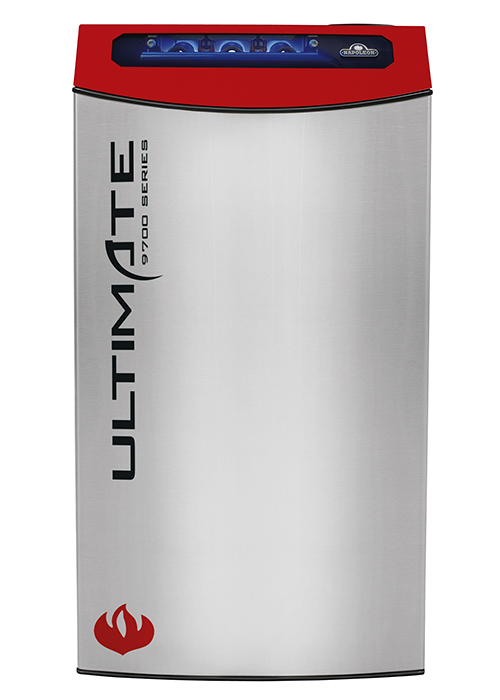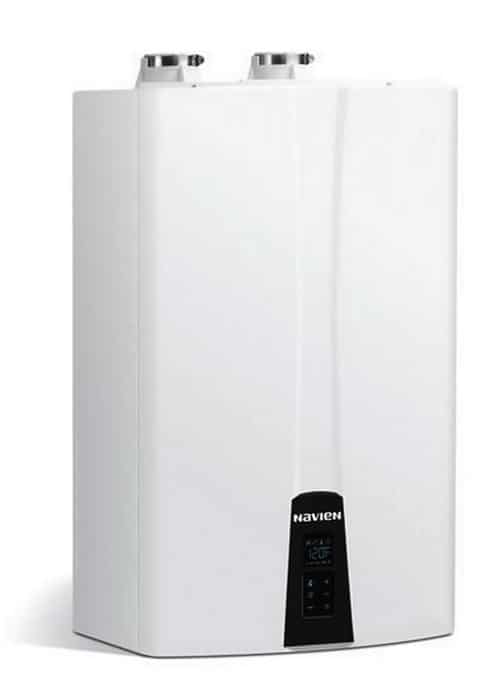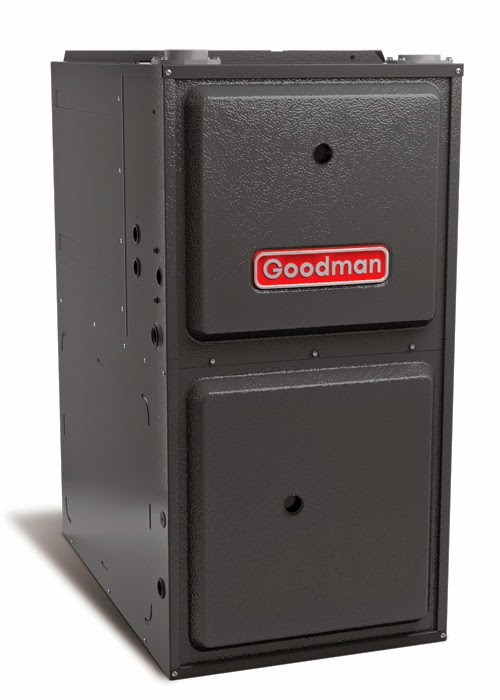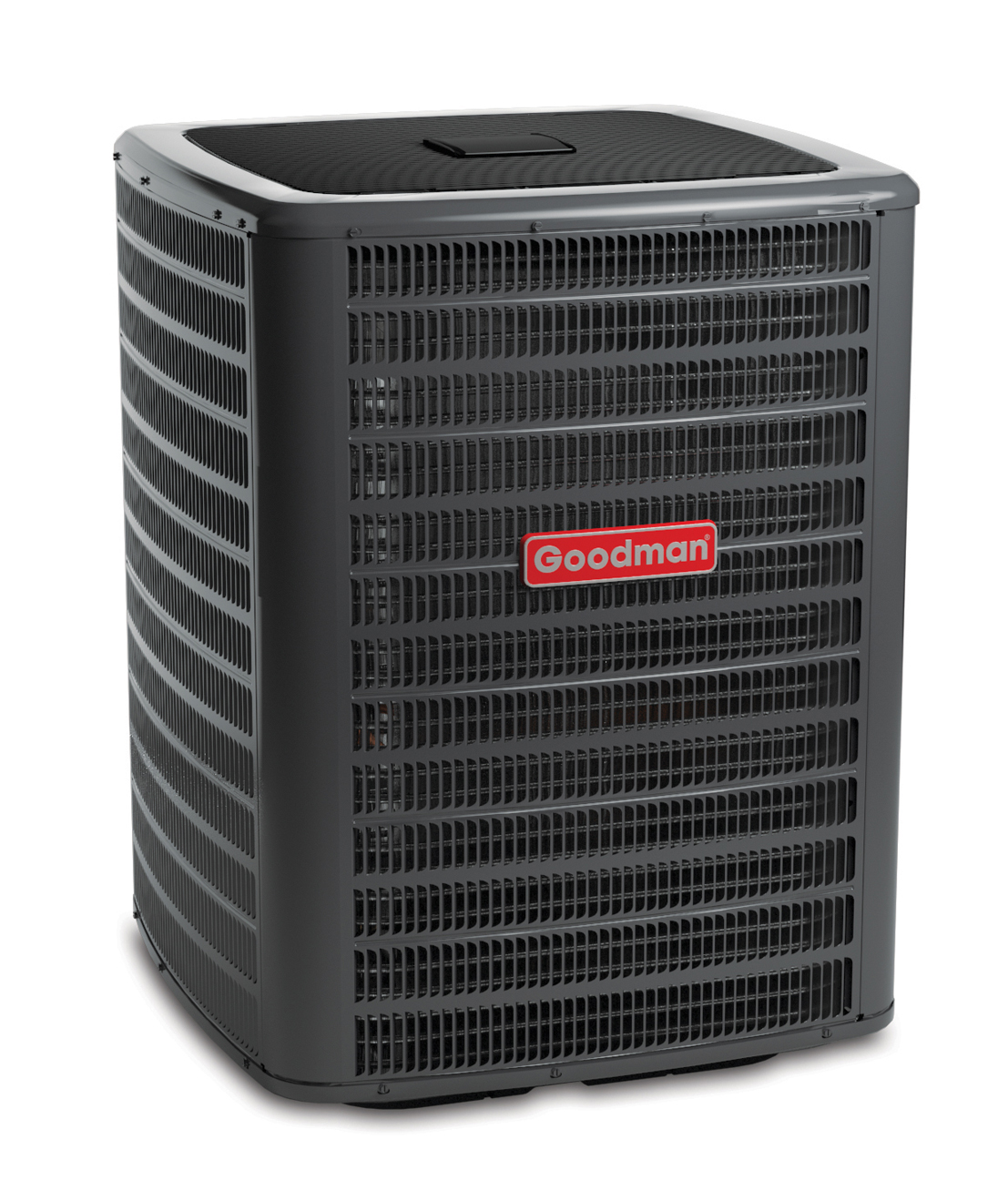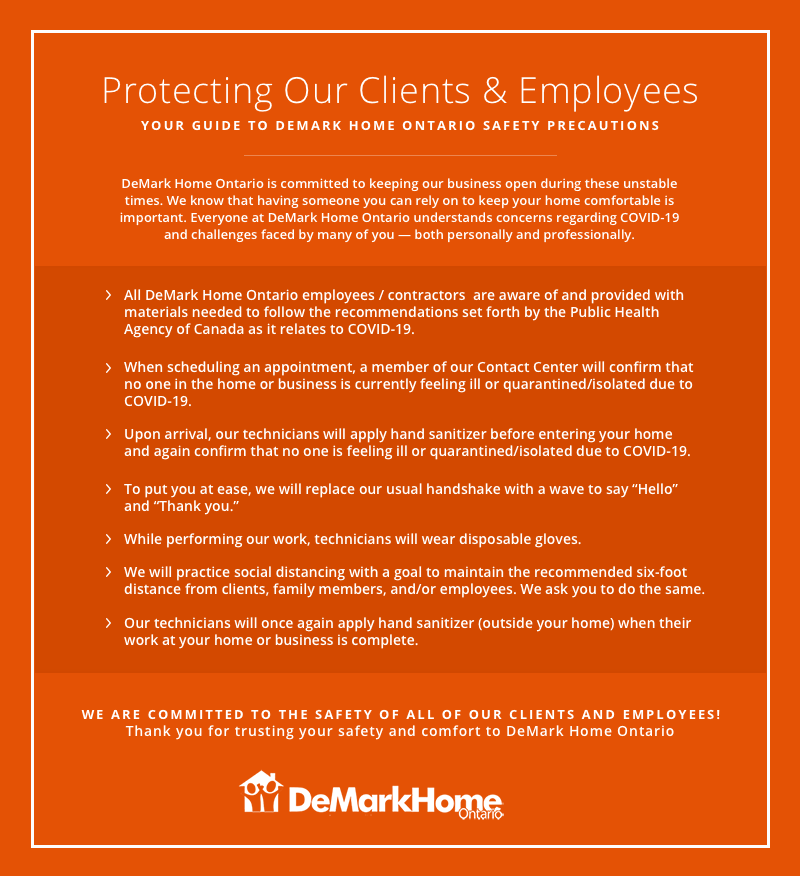Heat Pump vs Furnace
If you’re thinking of upgrading your furnace and debating between a Heat Pump vs Furnace, we can help you make the best choice for your home.
Heat pumps are the leading trend in the HVAC industry. With their 2-in-1 heating and cooling capabilities and energy efficient operation, they have quickly become a popular choice for homeowners in Ontario. Heat pump vs furnace are two types of home heating systems which each have their advantages and disadvantages. We’ll go over the difference between these systems and the important factors to consider when making your decision to upgrade your home’s heating and cooling system.
Heat pumps are a type of heating and cooling system that uses electricity to transfer heat from one location to another. Heat pumps don’t generate heat themselves, but instead take heat from the outside air (air source heat pump) or from the ground (ground source heat pump) and transfer it inside your home.
A furnace, on the other hand, generates heat using a combustion process as a heat source. Furnaces do not cool your home in the summer which is one of the foremost considerations in the heat pump vs furnace debate. With a furnace, you’ll also need to install an air conditioner in your home as your source of cool and comfortable air during the summertime.
How do Heat Pumps Work?
A heat pump is a 2-in-1 HVAC system that serves as both a heater during the winter and an air conditioner in the summertime. The two types of heat pumps are air source and ground source. Air source heat pumps extract heat from the existing air to operate. Ground source heat pumps take heat from the earth and redistribute it.
In the winter, the heat pump takes heat from the air or ground and transfers it into your home. There is heat in the air all the way down to absolute zero or -273.15 degrees celsius. So even on cold days, there is still heat for the heat pump to extract.
In the summer, the process is reversed, and it takes heat from inside your home and pushes it outside. A heat pump can warm or cool your home all year round!
The main components of a heat pump are an indoor unit, an outdoor unit, the refrigerant line connecting the units, and the reverse valve that allows the system to switch between heat and cool modes.
How do Furnaces work?
A furnace creates its own heat by using electricity or fuel, like natural gas or oil, to generate heat. Furnaces warm your home in the winter when the temperature on the thermostat is increased and the system is signaled to send fuel to the burners. The pilot light ignites the burners which heat up the heat exchanger. The blower fan then pushes the hot air around the heat exchanger and circulates it throughout your home.
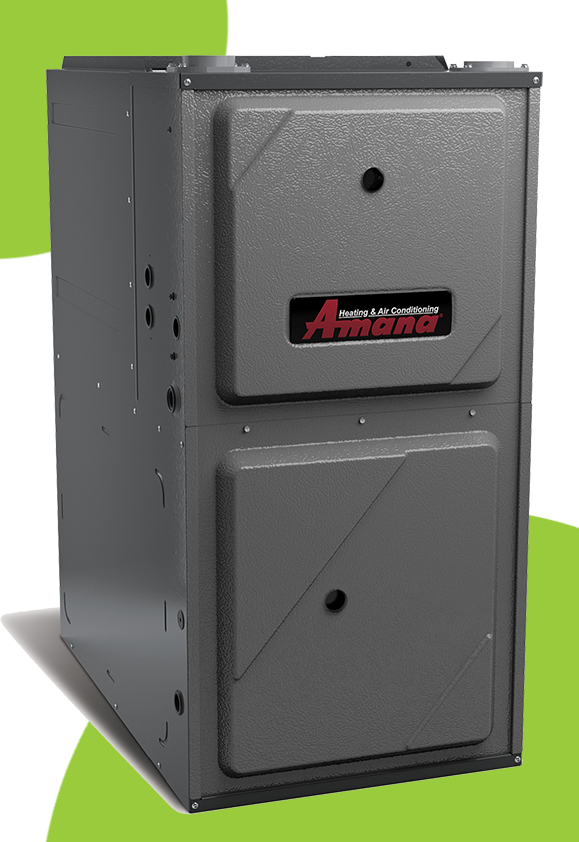
The main components of a gas furnace are a burner, heat exchangers, blower fan, and a flue (to vent the gas exhaust).
Heat Pump vs Furnace: Which is Better?
When upgrading heating and cooling systems we all want the most long-lasting, energy-efficient, and cost-effective solution for our home’s. We are going to compare the two systems on 9 factors to help you decide which is best for your home.
Home Comfort
Gas furnaces produce hotter and drier air. Gas furnaces also continue to produce heat regardless of the outdoor temperature. Heat pumps, on the other hand, transmit naturally humid warm air that may not feel as hot. Heat pumps are most effective when temperatures are above 0 Celsius. When temperatures are below zero Celsius, a heat pump may need to temporarily employ a back-up heat strip to heat your home in freezing temperatures. Heat pumps are also incredibly versatile as they also act as an air conditioner in the summertime!
Energy Efficiency
An electric heat pump can use less energy and heat more efficiently than a furnace. A heat pump can transfer up to 3x more energy than it consumes in optimal conditions. Energy efficient heat pumps have a SEER2 efficiency rating which is at least 25% higher than the previous minimum requirement so the equipment makes for considerably higher energy savings.
High-efficiency furnaces are only approximately 95% energy efficient. This efficiency rating means that many heat pumps earned the ENERGY STAR certification.
Air Quality
When it comes to air quality, heat pumps are superior to furnaces. Furnaces need to be maintained with frequent air filter changes to preserve your home’s air quality. Heat pumps, however, don’t produce any carbon monoxide (CO) so there is no need to worry about a dangerous gas leak.
To add, heat pumps use moisture to heat the air so your home’s humidity level naturally stays at a comfortable level. The dry, hot air generated by furnaces often leads to dry skin.
Installation Costs
A heat pump installation might cost more than a furnace installation up front, but this depends on many factors. Access to natural gas, the placement of the heat pump or furnace, the wiring and equipment currently in your home, your home’s ductwork, and other factors all affect the installation cost. Installation aside, heat pumps typically cost less to operate than furnaces, so the upfront cost will be quickly regained. Renting a heat pump or furnace is another option if you need a system upgrade without the upfront costs.
Not to mention, the Canadian Government is offering heat pump rebates of up to $7,100 to homeowners who upgrade their HVAC systems to energy efficient heat pumps. This new rebate program will help many homeowners upgrade to heat pumps affordably. More details on the rebate program below.
Life Expectancy
Lifespan is another notable consideration when upgrading to new equipment. Heat pumps often have a shorter life span than furnaces because they are used year-round. The average lifespan of a heat pump in Ontario is 10-15 years. A well-maintained furnace, on the other hand, can last upwards of 15 years, sometimes up to 20 years.
Maintenance
Both types of systems need regular maintenance to ensure efficient performance and longevity. For heat pumps, their outdoor unit must be maintained to remove all debris that might restrict airflow.
With furnaces, these systems require cleaning, air filter changes, and periodic inspections. Heat pumps and furnaces both require professional regular maintenance to resolve any issues before they escalate.
Size
Heat pumps are more compact than furnaces and require less space for installation. For homes with limited space, heat pumps are the ideal heating and cooling solution.
Don’t forget that with a furnace you will also need a separate air conditioner to fulfill your home comfort needs in the warmer months. A single heat pump can provide year-round comfort all in one.
Reputable Brands
Choosing a heat pump or furnace brand that is reputable in the industry is an important step in the process. Here is a selection of some of the top brands to consider on your search:
Heat Pumps
Comfort, energy efficiency, longevity, and quiet operation are some benefits you can expect from top heat pumps brands. We offer a selection of the top heat pump brands on the market, with products from KingHome, Bosch, Keeprite, Amana, Gree, Lennox, Goodman, and more.
Furnaces
The furnace market has quite a few stand-out brands that excel in their performance and reliability. We offer a selection of industry-leading furnace brands like Amana, Lennox, Goodman, Bosch, Keeprite, Luxaire, Rheem, Weatherking, and more.
Save Money with Government Rebates
There has never been a better time to invest in a high-efficiency home heating system than with the Government of Canada’s Greener Homes Grant and Home Efficiency Rebate Plus (HER+) that allows homeowners to save up to $10,000 when upgrading their home to eligible energy-efficiency equipment. This program offers Ontario homeowners:
- Heat pump rebates: Up to $6500 Canada Greener Homes Grant / Enbridge
- Home evaluation rebates: Up to $600 (for eligibility, this program requires pre- and post-retrofit evaluations to be conducted by a professional).
- Smart thermostat rebates: Up to $100
If you’re interested in upgrading to a heat pump and taking advantage of this rebate opportunity, don’t hesitate to give us a call and we can set you up through the whole process from choosing your equipment, scheduling inspections, installation equipment, and submitting documents. Check out our 2023 Ontario Heat Pump Rebates Guide for step-by-step instruction on the rebate process.
Now that you have a better understanding of these two different heating systems, we hope that you are one step closer to upgrading your home to an energy-efficient heating solution. If you want professional advice from HVAC experts or would like to schedule your heat pump or furnace installation, don’t hesitate to contact DeMark Home Ontario at any time. If you want to take advantage of the Ontario Greener Homes Grant, our HVAC specialists can walk you through the whole process from start to finish.
We have great heat pump and furnace rental and purchase programs for any budget and a selection of products from the top heat pump brands on the market.
Give us a call at 1 (855) 998-2998 or fill out our online request form and we will be happy to assist you with your request.






